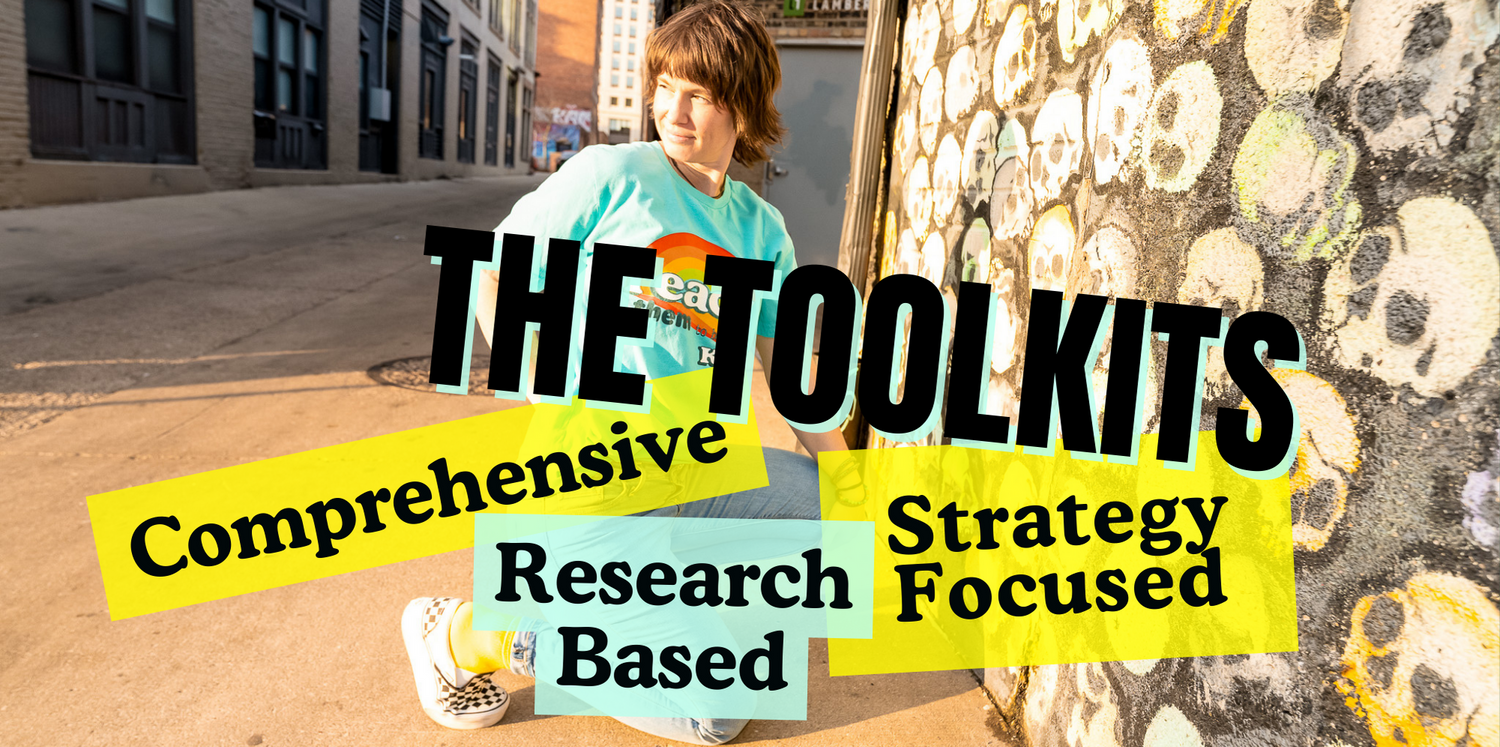
Avoiding the Passion Trap
Share
Definition-
Passion
noun /’paSH(e)n/
- Strong and barely controllable emotion
- The suffering and death of Jesus (I get it)
Similar: crucifixion, pain, suffering, agony, martyrdom
As I research and learn more about the idea of “Passion” and how it relates to my field of work (teaching) I can not agree more…
Why it’s significant-
We are inundated with passion rhetoric, to the point that it has become a nagging subconscious idea that if we are not passionate about our work something must be wrong with us or our work.
Passion today is tied subliminally to the idea of work. So if we are not working within the context of our passions we are left with feelings of less than or failure. It is also used as a type of compensation, the idea that if we are working towards our passions then we should be ok with making less money or working on our free time. We definitely see this in the field of teaching.
A lot of people have quit their jobs to pursue their “passions” not realizing the full demand of whatever their “passion” requires, realizing that they were not qualified in the field, that there is no money to be made, or that WoAp MaYbE iT wAsN’t My PaSsIon.
As human beings we are WAYYY too prone to changing our minds and impulsivity, and there is literally no equation/handbook for adulthood. This leaves the “Passion Paradigm” a slick sort of icy ground to navigate with no skates. As we evolve as human beings so do our passions.
What we can do-
So there has been a ton of research, books, blogs, and social media content on how to deal with the “passion trap.” The ones worth mentioning (IMO) are the ones that focus on the idea of “Passion” not being something we have, but things we do that help create more fulfilling or self-actualizing experiences (Credit: Grace Beverley.) We should think of this in the terms of micro-passions.
In Working Hard Hardly Working Grace Beverley describes micro-passions as “interests or tasks, that get us into a flow and give us that satisfying sense of fulfillment.” For example, I love to read/research/write/coach/inspire. These are all micro-passions that I synergized (cue Jack Donaghy) into this brand.
So what gets you in that flow mode? What tasks do you lose yourself in? What sorts of things do you do that leave you fulfilled when you are done? And can you inject those tasks into your work?
How we can do it-
First you need to analyze things you do that gets you passionate. List the types of tasks you lose yourself in- creating mind maps, brainstorming, planning, organizing, talking to others, listening to stories, learning, researching etc. If you have ever read Strength Finder 2.0 by Tom Rath you will see similarities in the strengths identified and your passionate tasks. Which coincides with Cal Newport’s point “your passions will grow from what you become most skilled at (tip my hat to the book So Good They Can Ignore You).
Once you have a list of your micro-passions you can start getting creative with how you can insert them into your work. Once again cue Cal Newport, if you can insert your strengths/passion into your work you will become more skilled and valuable, leading to more autonomy and reach, resulting in more passion (it’s a cycle).
How do you get creative and insert these micro-passion tasks into your work? That’s more nuanced and requires you to look at your schedule and daily job requirements. However, if you have issues with this I suggest you talk to a creative (someone you know is a creative, I promise you).
Summary-
The idea that you must be passionate about your work is dangerous because passion evolves and there is not one thing you are going to be passionate about all of the time. This can leave us with a sense of failure and motivate us to quit our jobs or pursue something we aren’t qualified in. Instead of focusing on the idea of passion as something we have, we should focus on tasks that we are passionate in doing (micro-passions.) If we can insert our micro-passion tasks into our daily work then we can gain fulfillment out of our job, become more skilled, achieve more autonomy, and therefore experience more passion in our work.
Suggested Reading/Listening
Cal Newport- So Good They Can’t Ignore You
Grace Beverley- Working Hard Hardly Working
Tom Rath- Strength Finder 2.0







